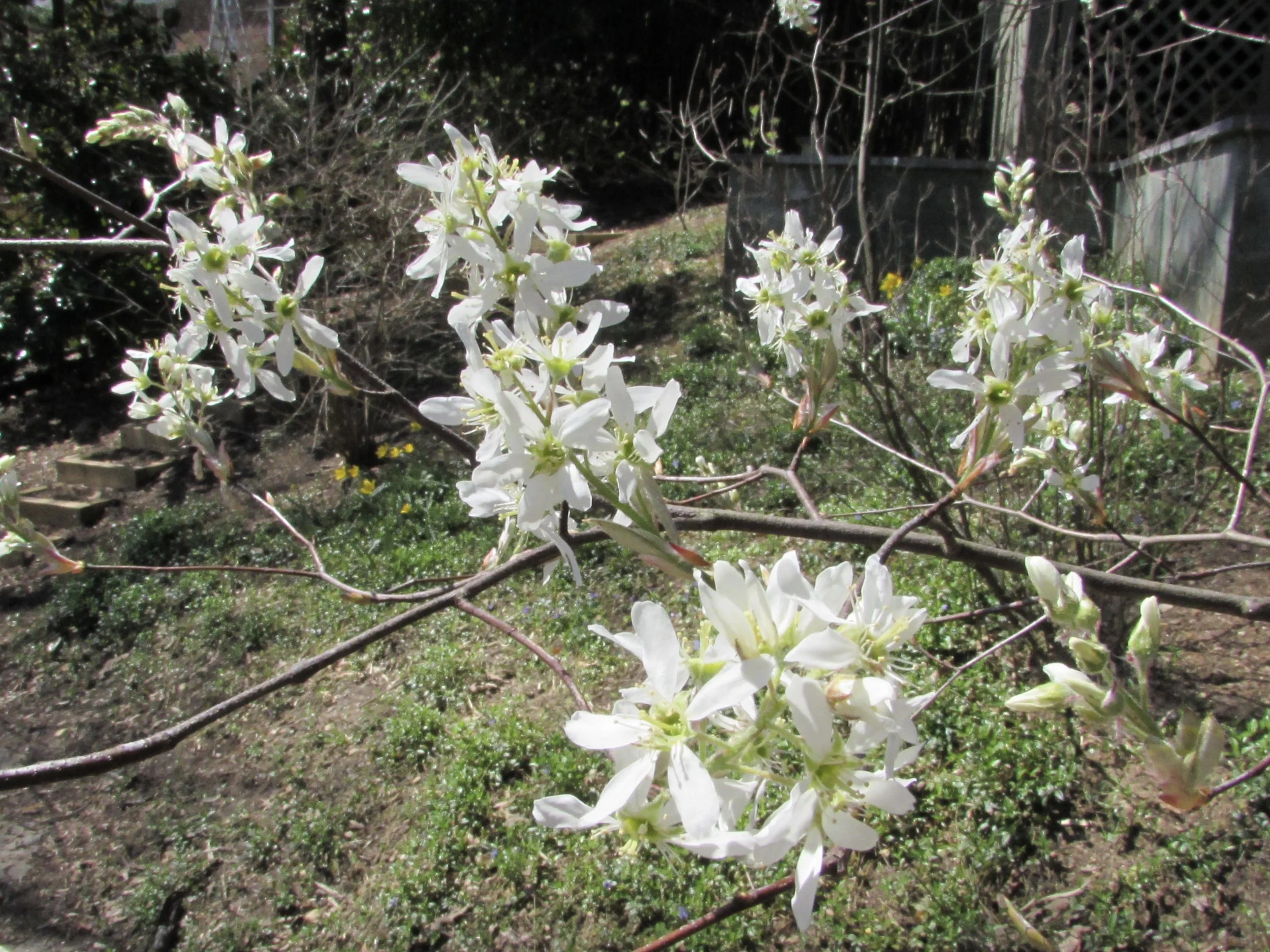Maybe "Open Access" Isn't So Open After All
Tony Ross-Hellauer’s article Open science, done wrong, will compound inequities in the March 17th, 2022 Nature reviews the recent report titled Global Thinking: ON-MERRIT recommendations for maximising equity in open and responsible research.
That report covers four separate recommendation areas for enhancing access to scholarly and research information, especially via peer reviewed journals, the traditional mainstay of scholarly communication and recognition:
Resource intensity of open research. Making research more open and accessible requires significant resources, resources that may not be readily available to researchers or institutions in less well financed areas.
Article processing charges and the stratification of Open Access publishing. Charging authors to publish articles in Open Access journals — a traditional means of helping finance scholarly journal publishing — still generates inequities that effectively discriminate against less well funded and younger researchers.
Societal inclusion in research and policymaking. Well financed researchers, institutions, and countries continue to have significant advantages in editing, funding, and carrying out research.
Reform of rewards and recognition. Well funded and more established researchers have the advantage over younger and less well resourced researchers in terms of gaining recognition and approval.
Reducing such inequities was originally one of the key goals of the Open Access movement (see my 2012 article What Does "Open Access" Mean, Really? for some background). The ON-MERRITT report now makes a series of recommendations in order to reduce inequity that the current systems for generating and distributing research information via “open access” journals appear to be exacerbating.
The irony of how such systems have evolved to actually militate against equity and fairness will not be lost on anyone already familiar with the “rich get richer” way current economies operate, not just in the world of scholarly Open Access publishing.
One could argue exhaustively about the recommendations made by the authors of the ON-MERRITT report but one simple fact does jumps out: even if resources were made available to address publishing and access inequities, how would such improved systems, policies, and processes be governed? Scientific and technical information doesn't always smoothly cross national bound borders, much less trickle down to those who can use it. Without effective governance, recommending that such solutions should be “global” can't solve the problem of inequity no matter how lofty the goals.
To significantly improve access someone is going to have to give up some power, control, and privacy. For example, insisting that key players make public their actual costs associated with publishing will still fall upon many deaf ears especially in research publishing areas heavily influenced by traditionalor commercial interests.
I have great sympathy for the plight of the less well funded research communities around the world both in terms of publishing their research and in terms of accessing research. I spent years early in my own career focusing on various aspects of scholarly publishing. That involved rubbing shoulders with well financed publishing and research communities in the US as well as with students and researchers in developing countries struggling to access expensive and often out of reach western research literature. It is indeed discouraging to learn, according to the information cited above, that the Open Access approach, originally developed to overcome some of these inequities, may actually be reinforcing if not exacerbating them.
Unfortunately, the recommendations made by the ON-MERRITT research project, while well thought out and rational, will be ineffective without an adequately funded governance mechanism. Such a mechanism would need real power and the ability to measure and control targeted research and publishing cycles that must cross national and cultural boundaries to be successful. That is a tall order!
Text copyright (c) 2022 by Dennis D McDonald













